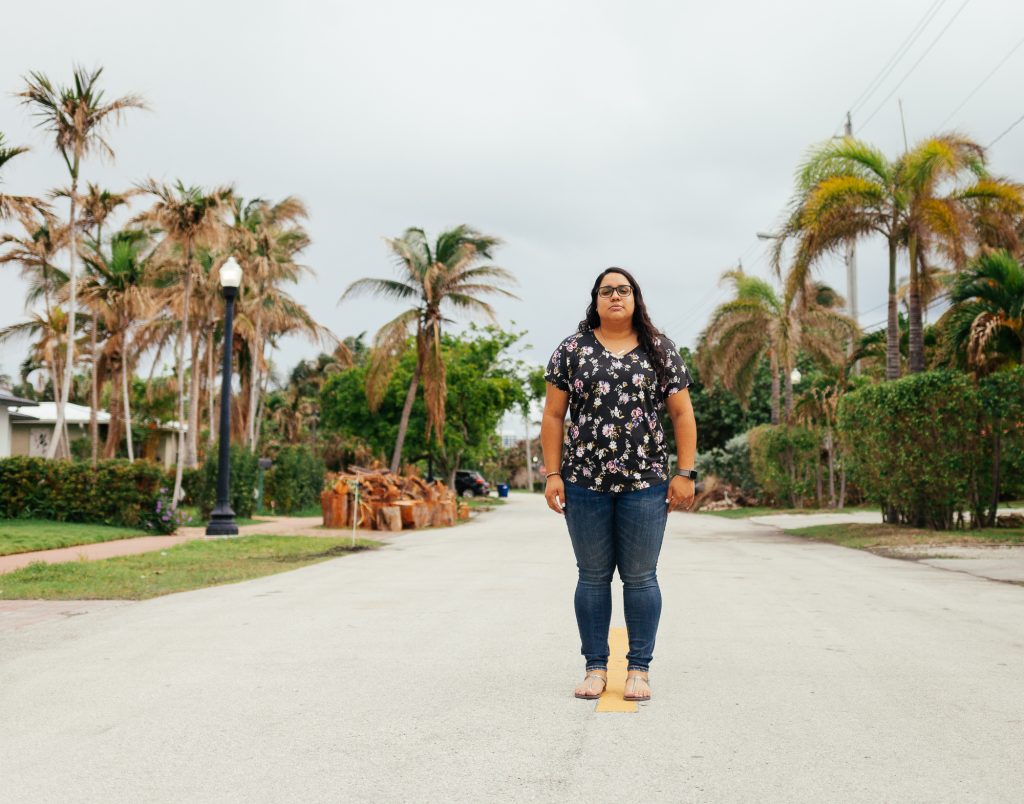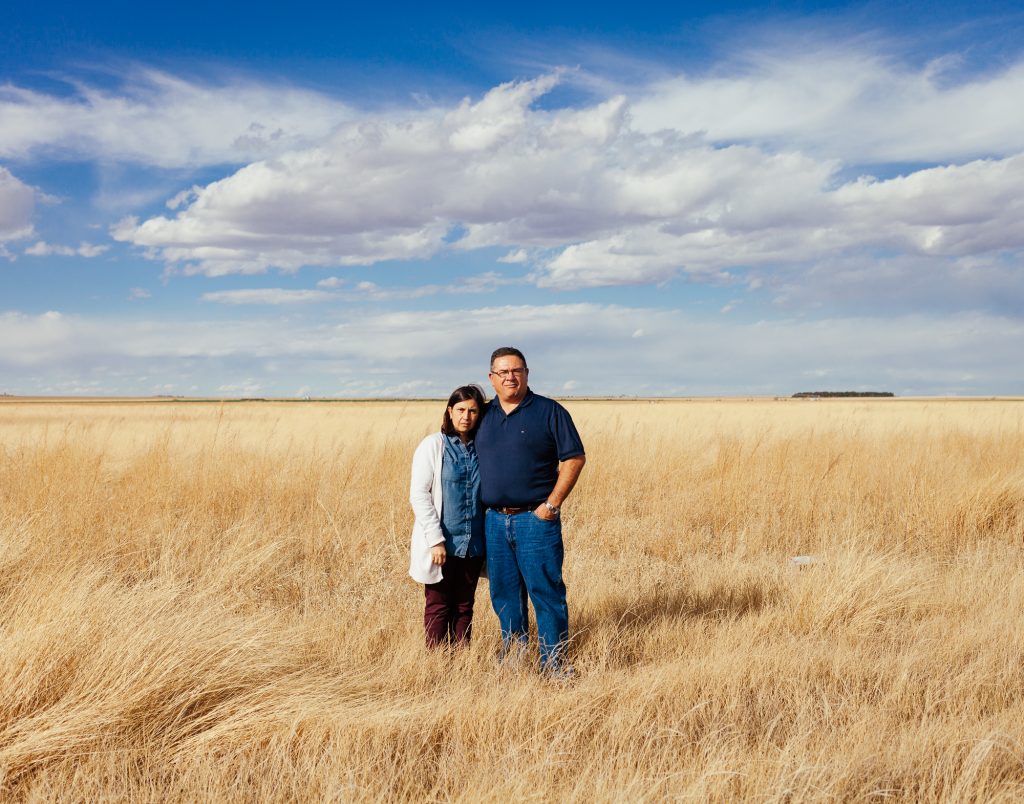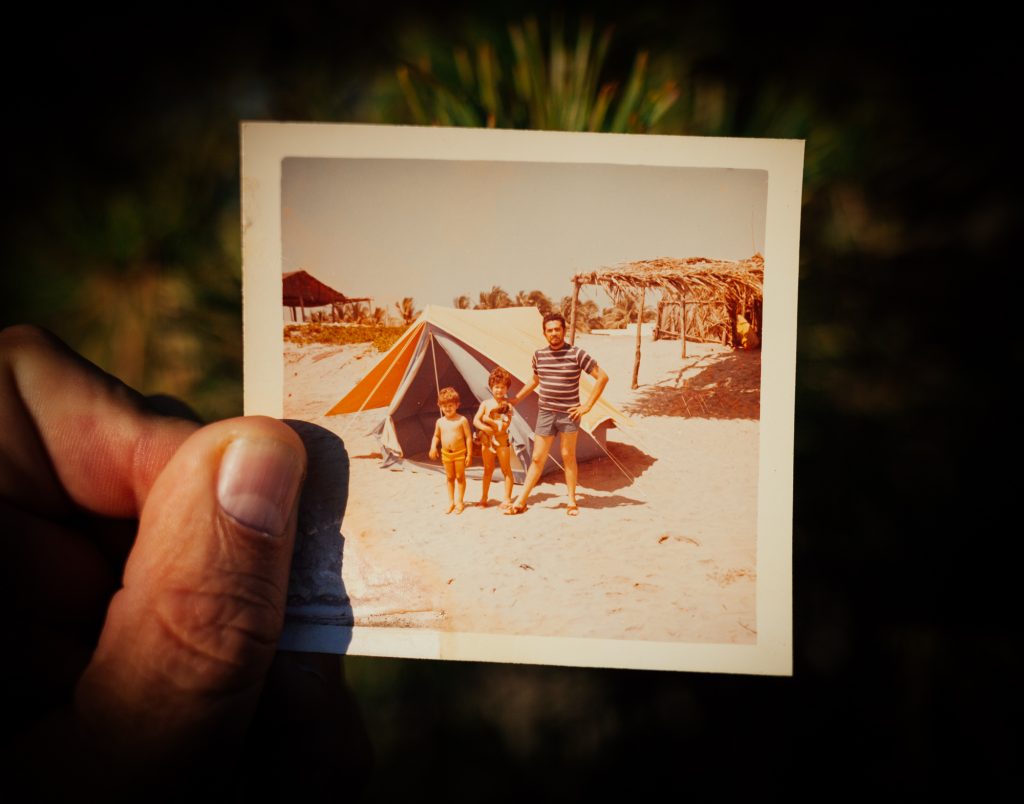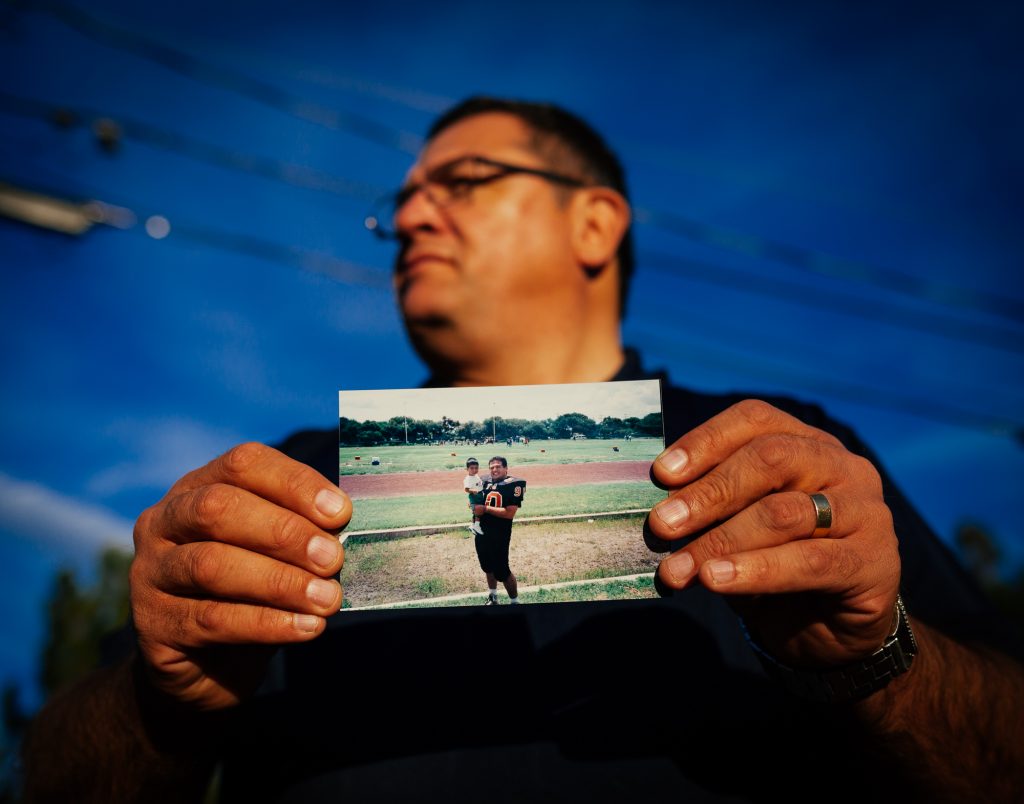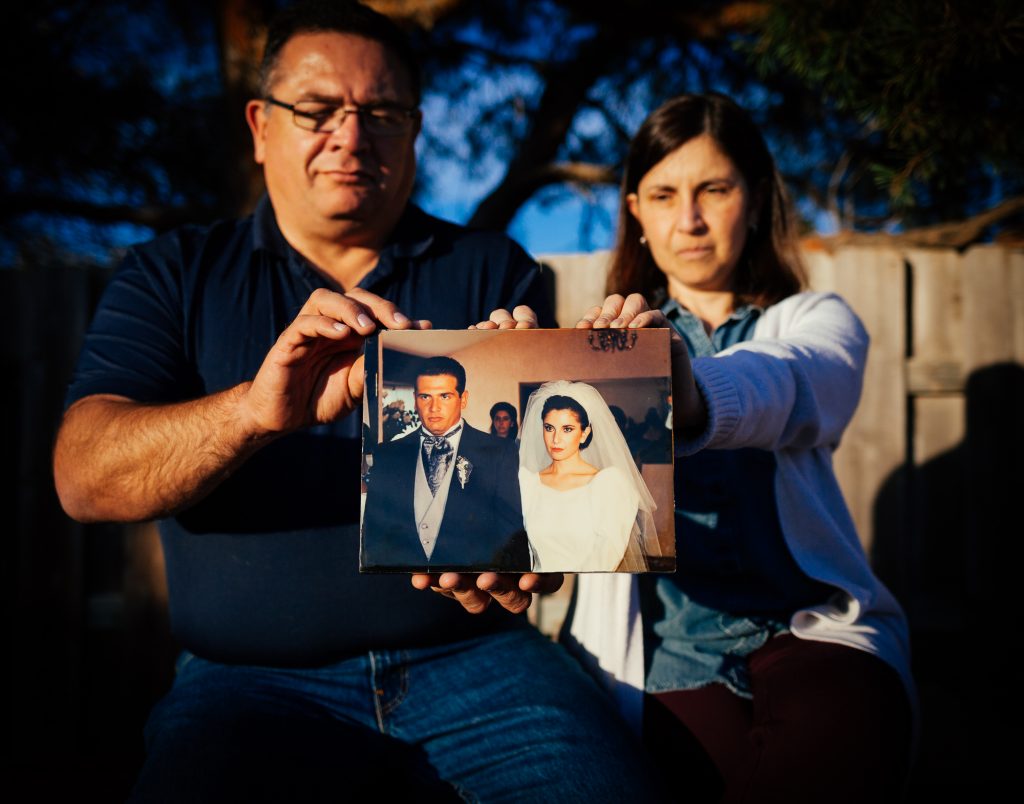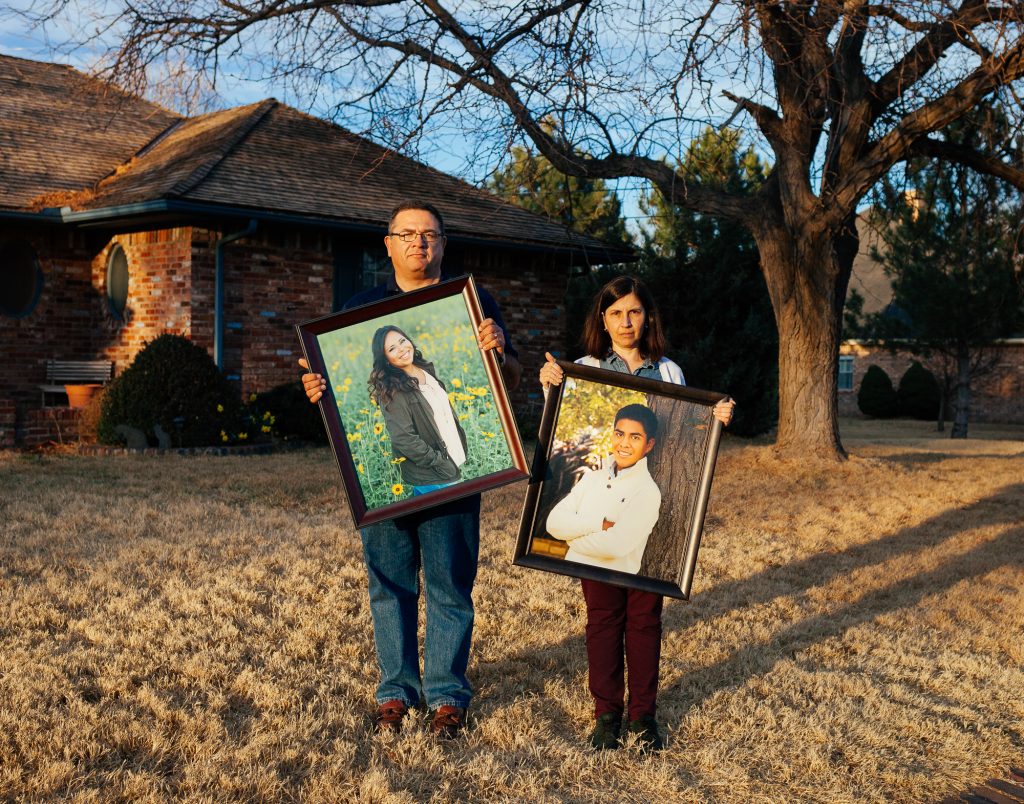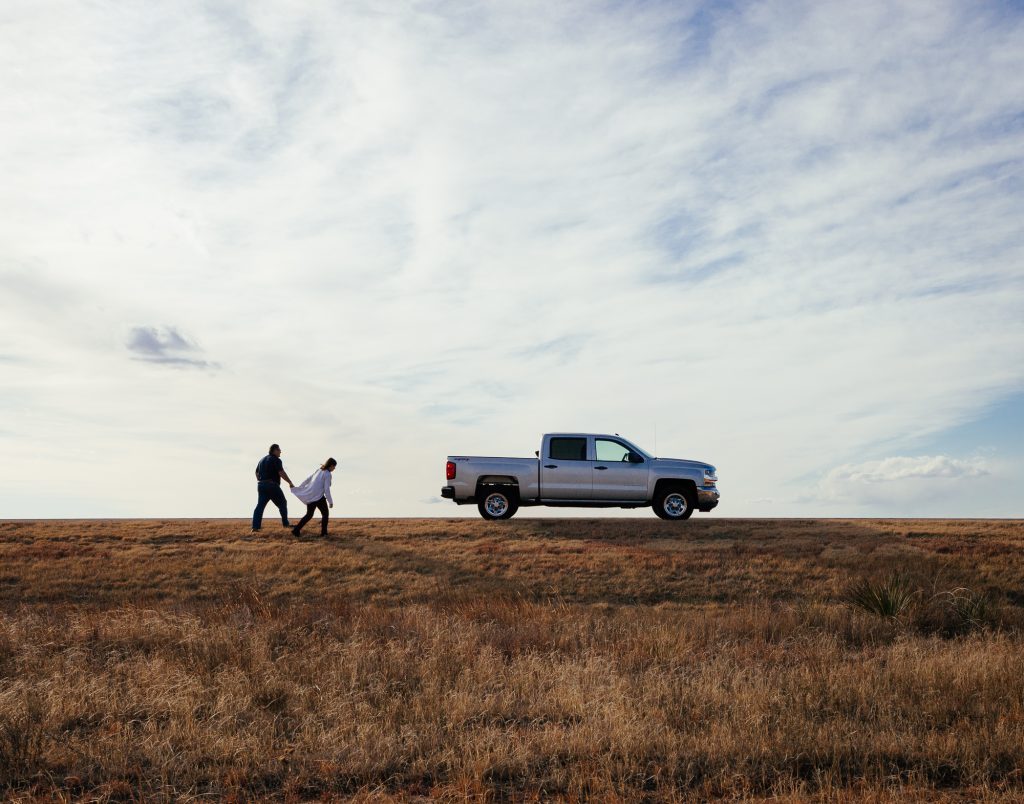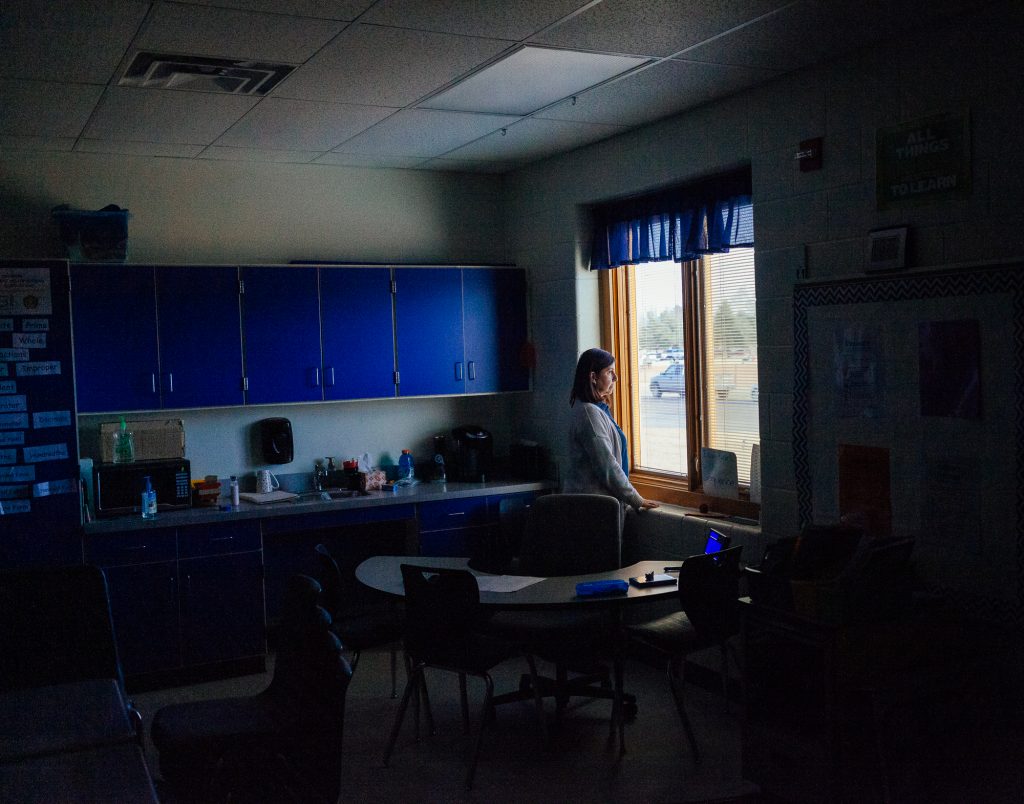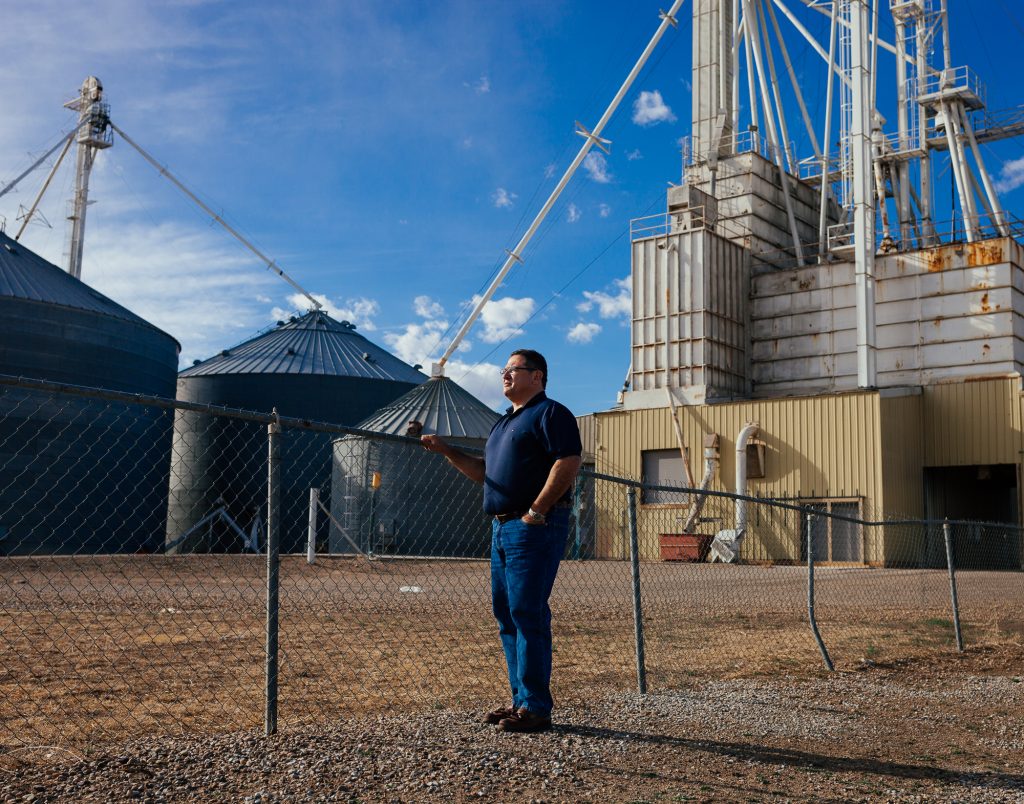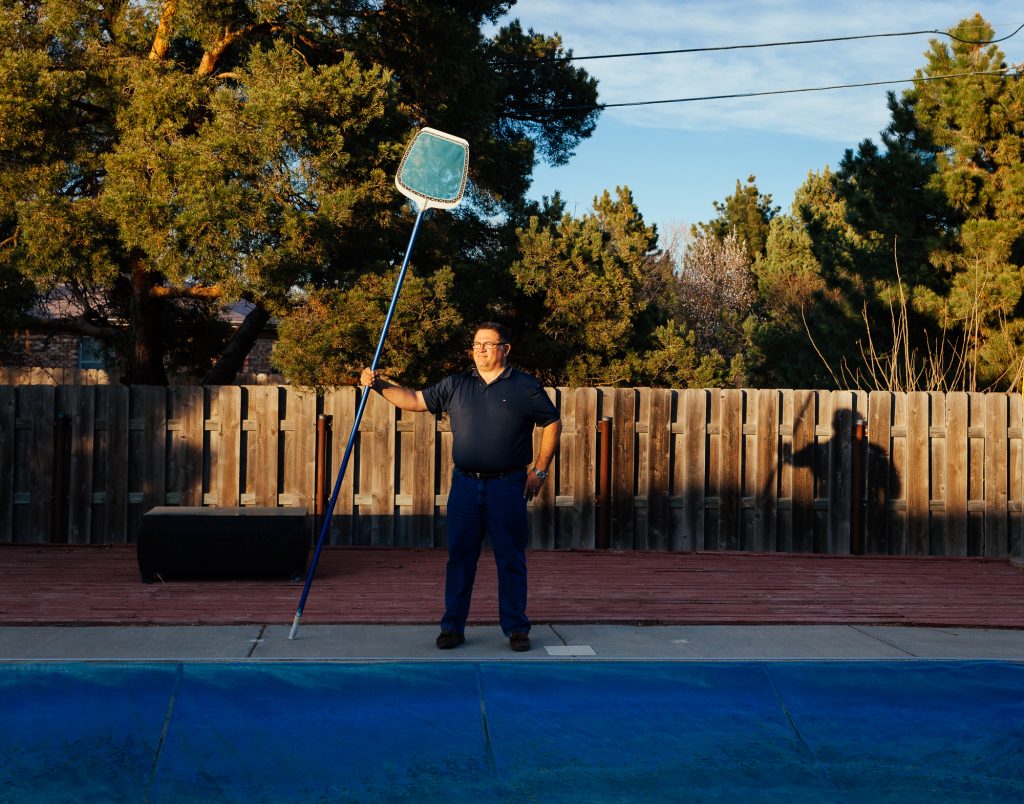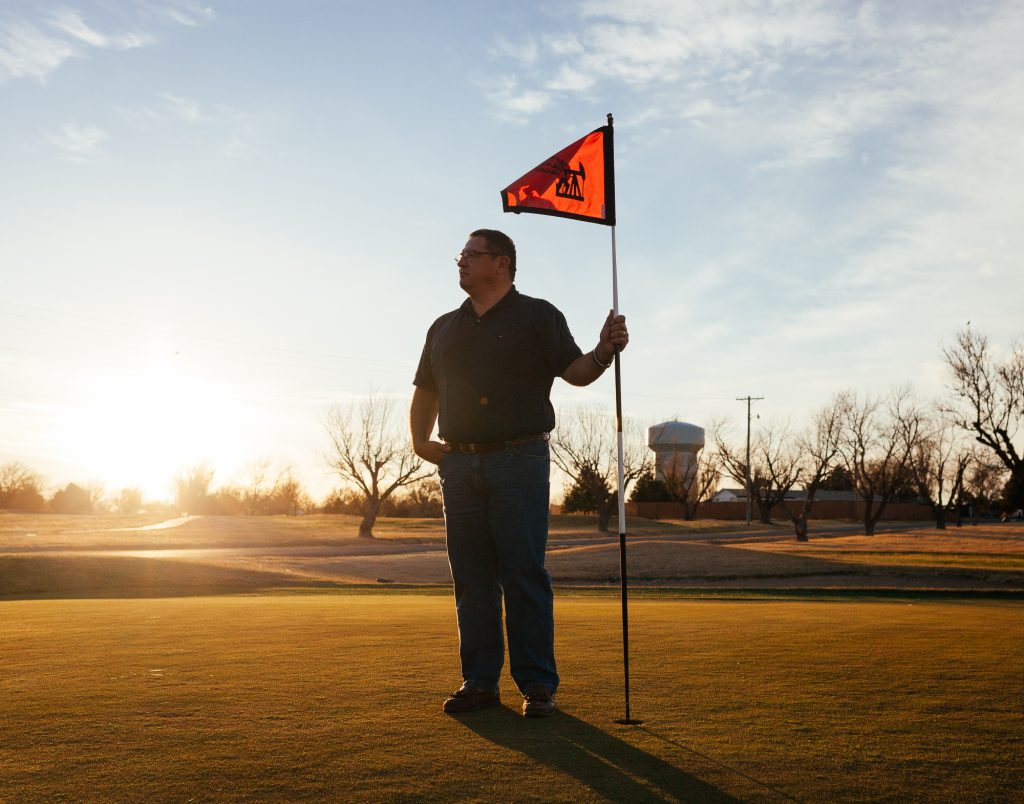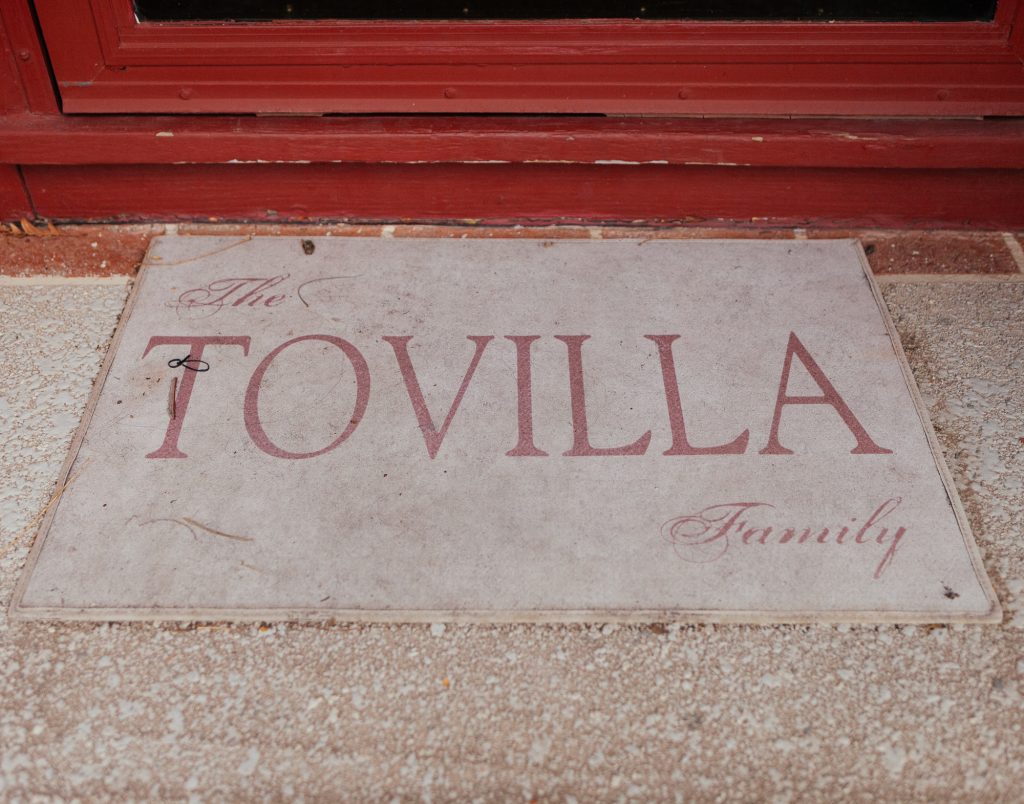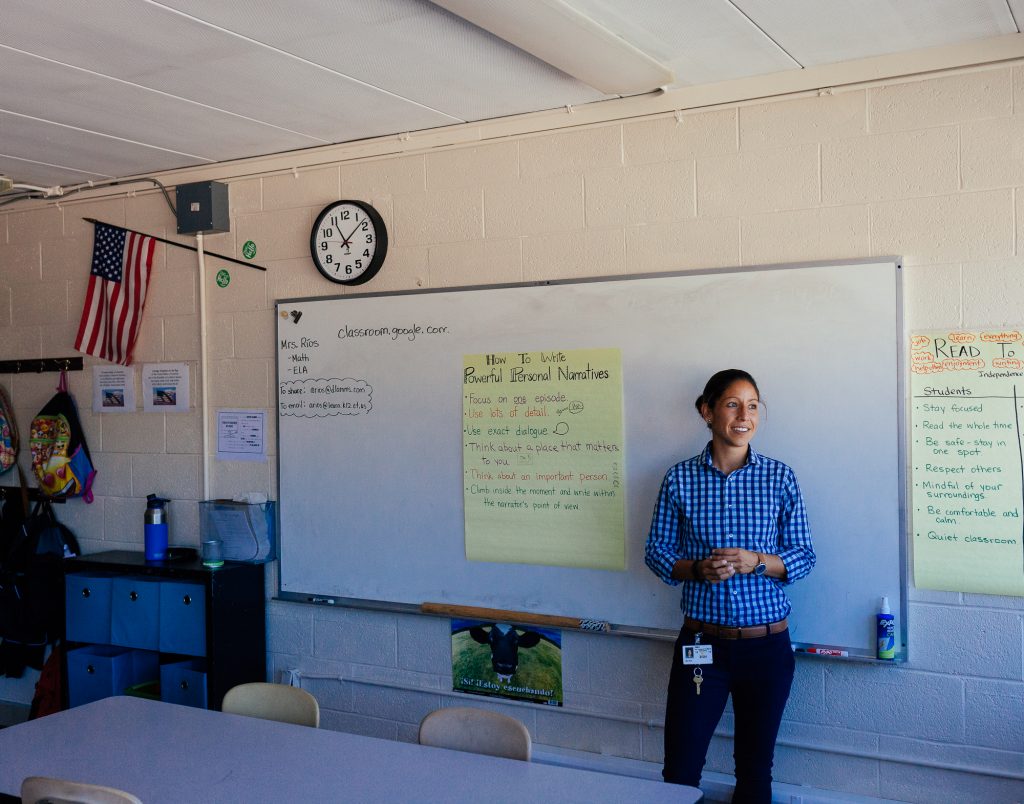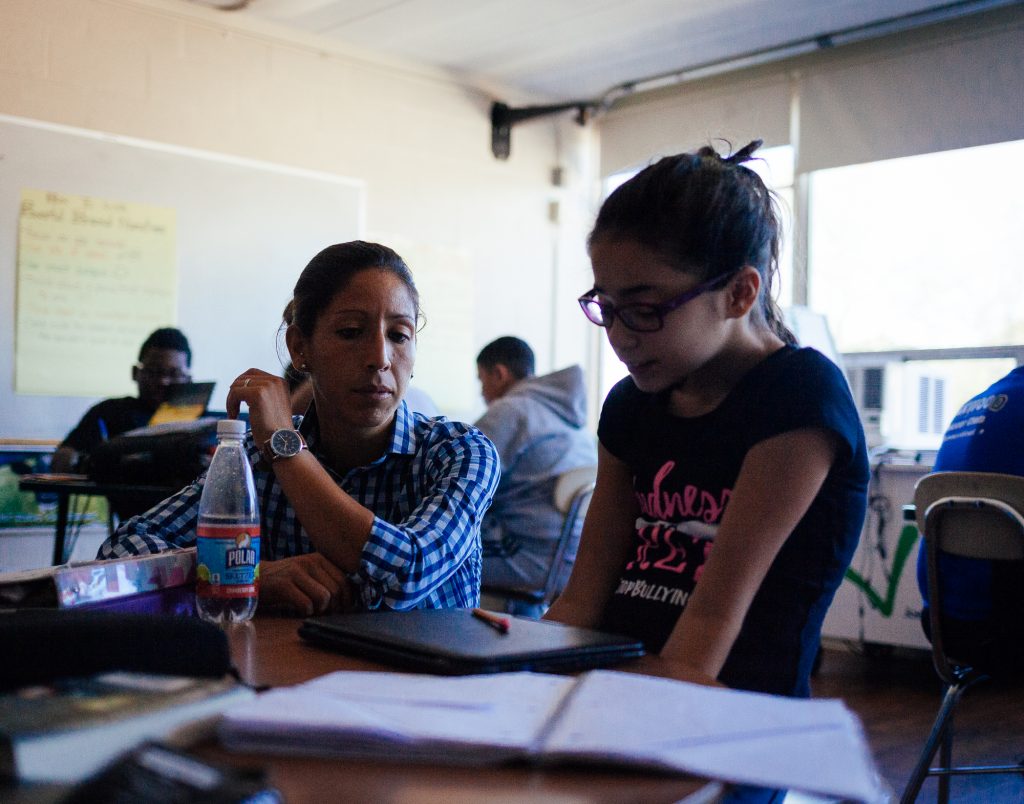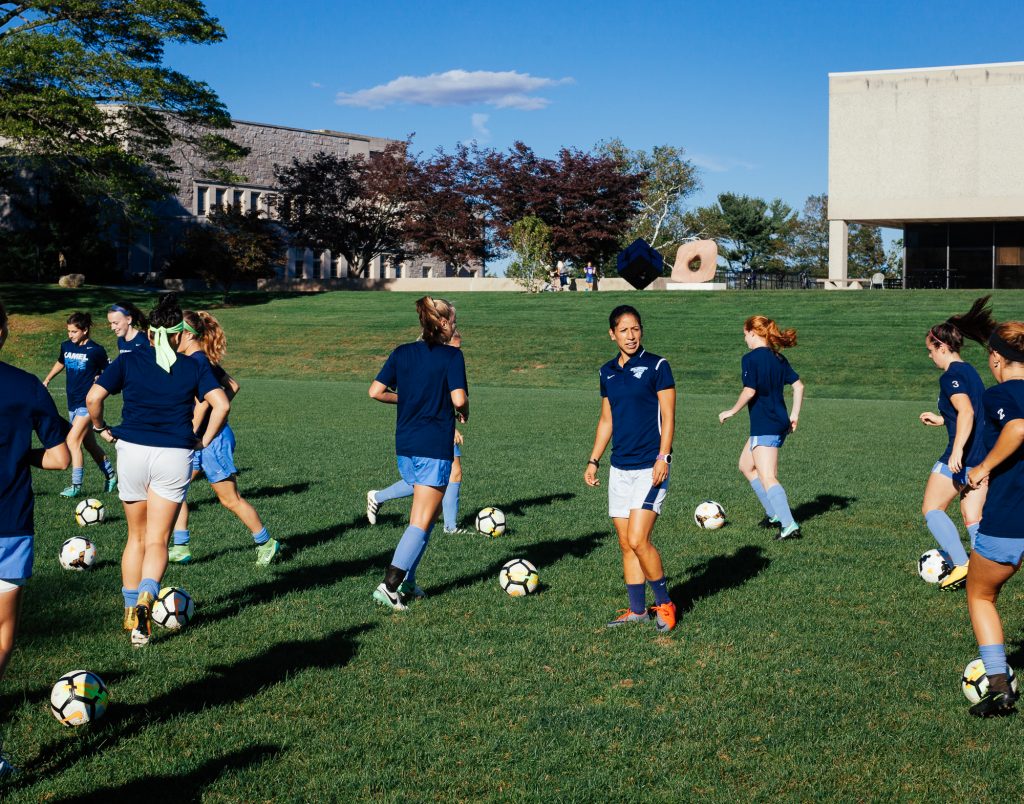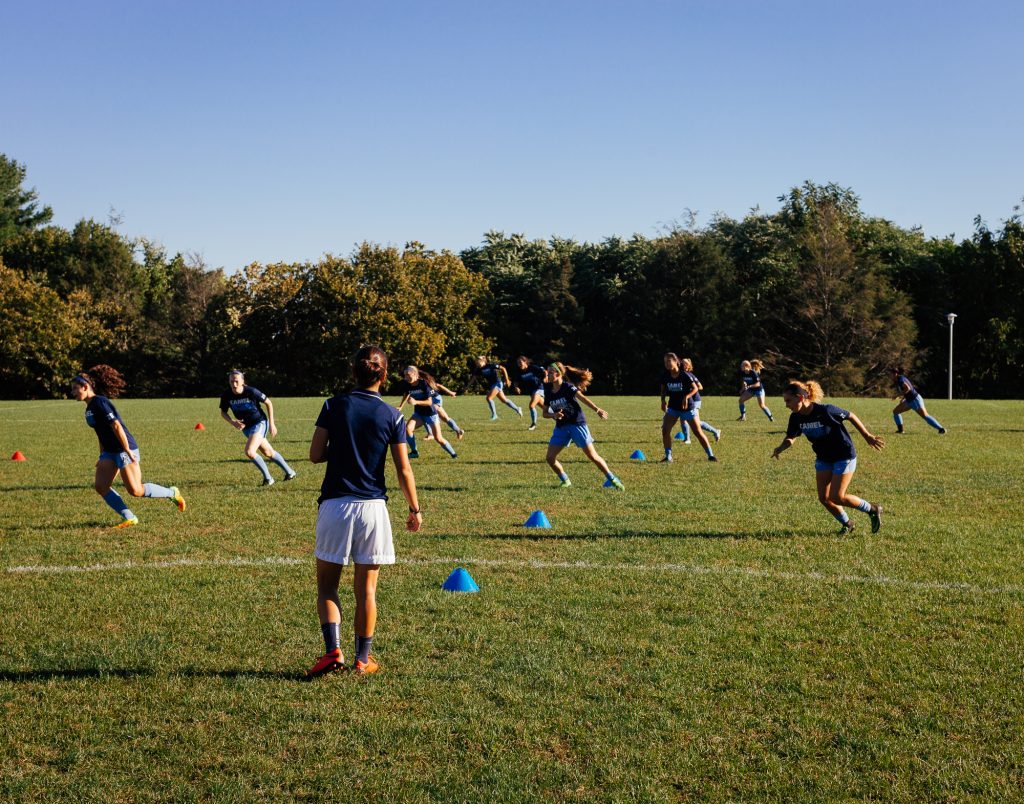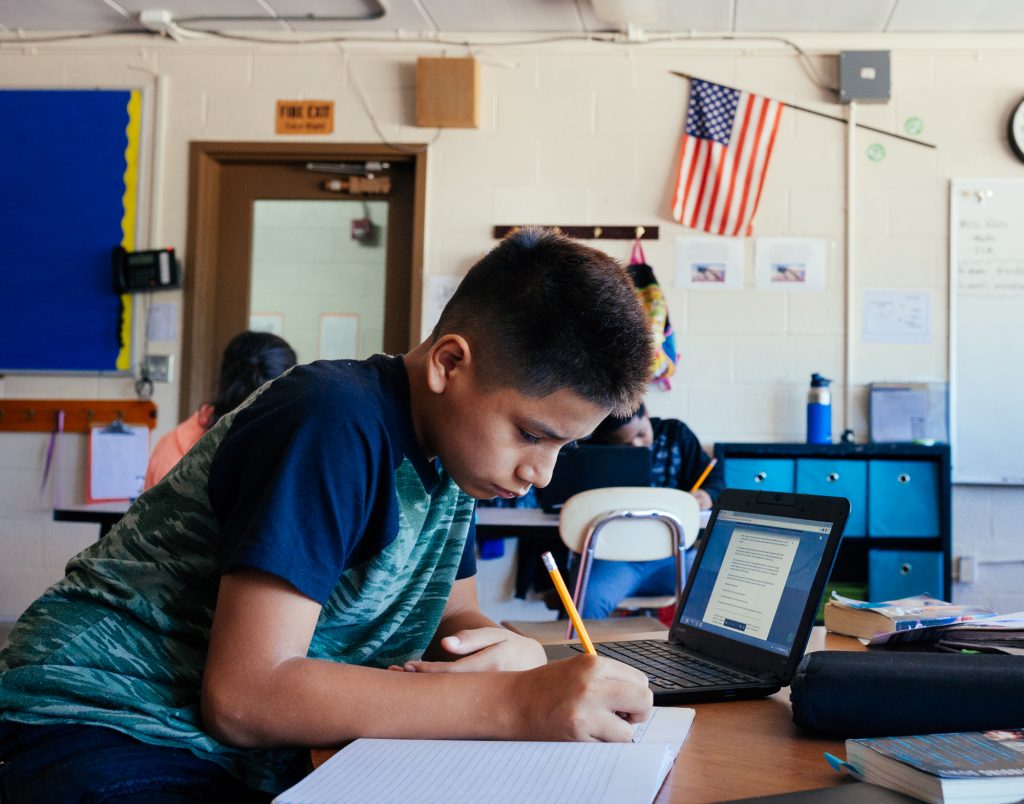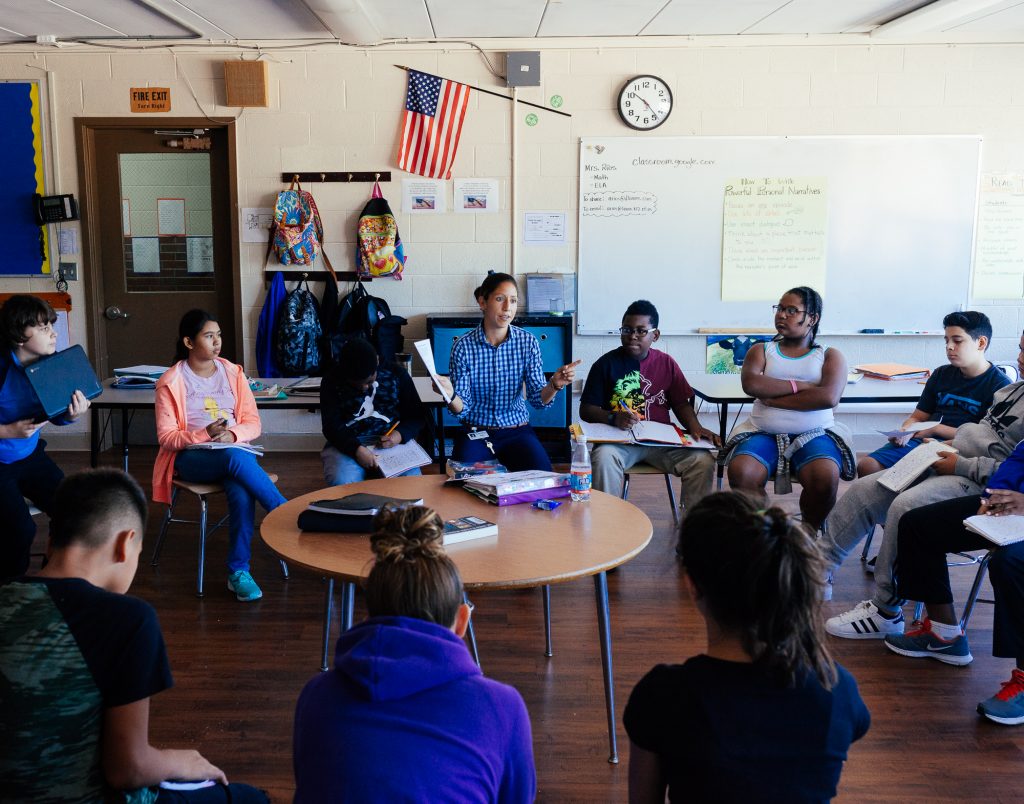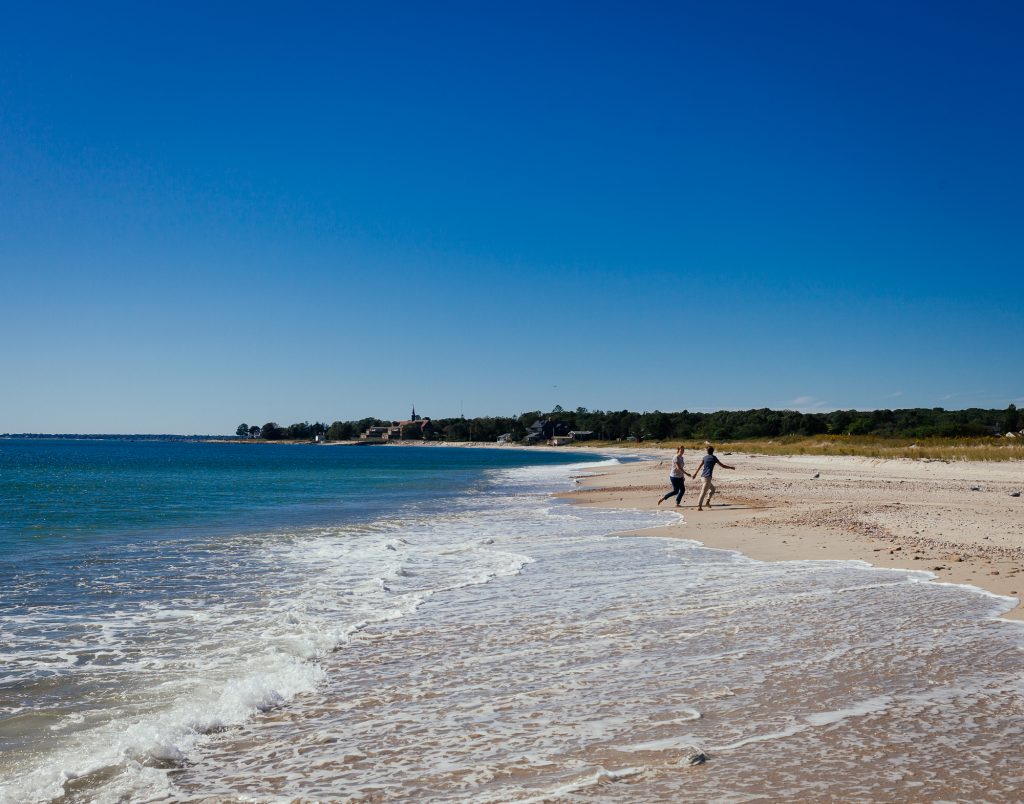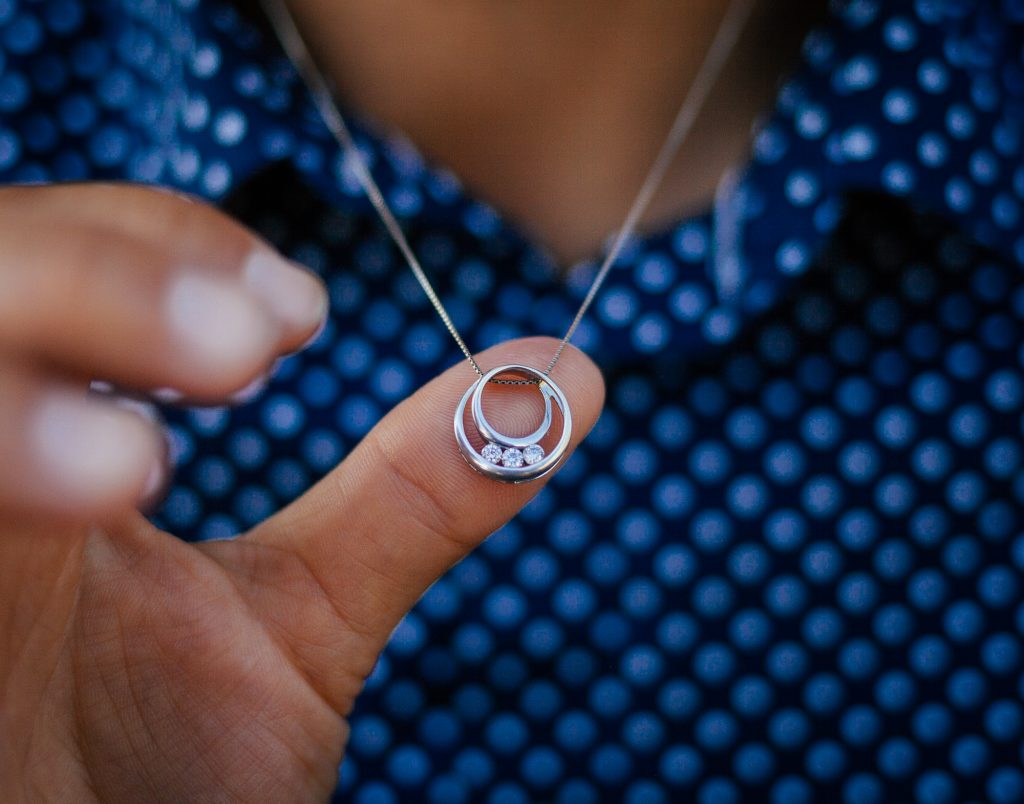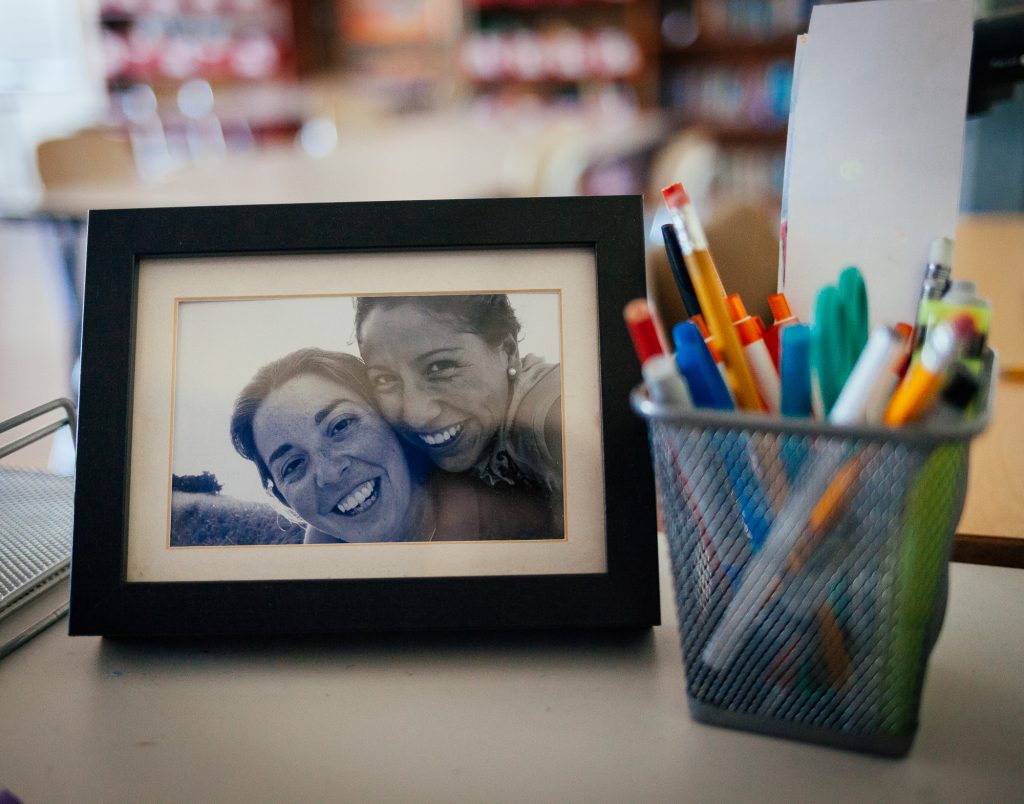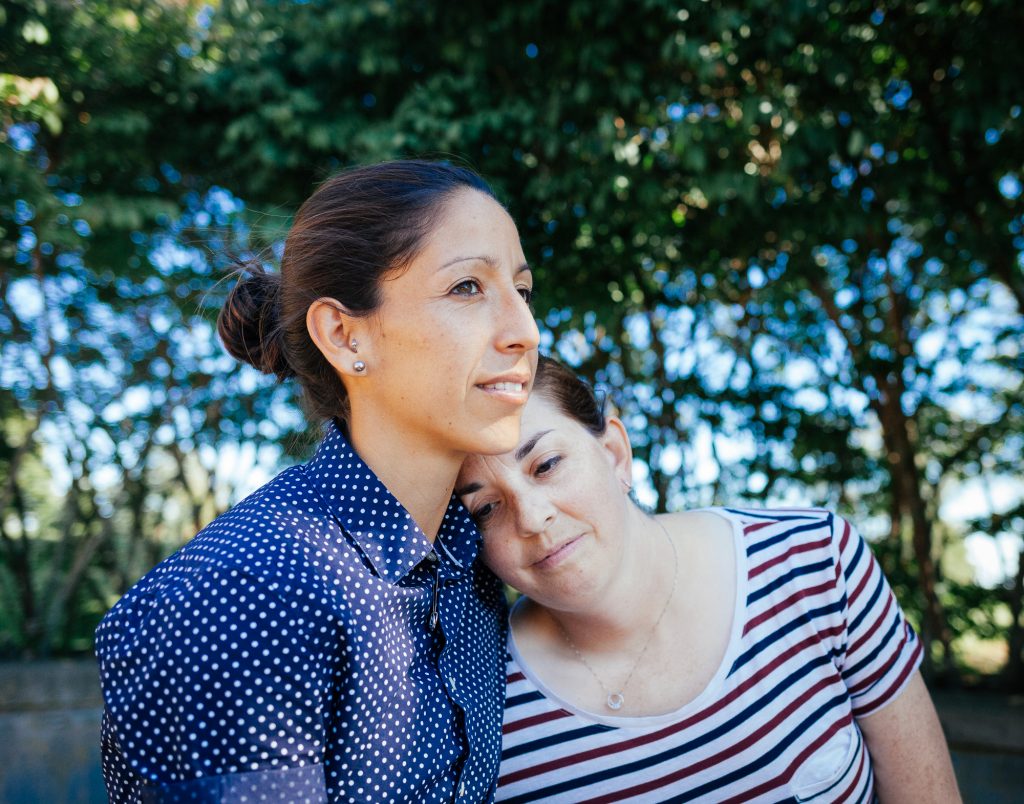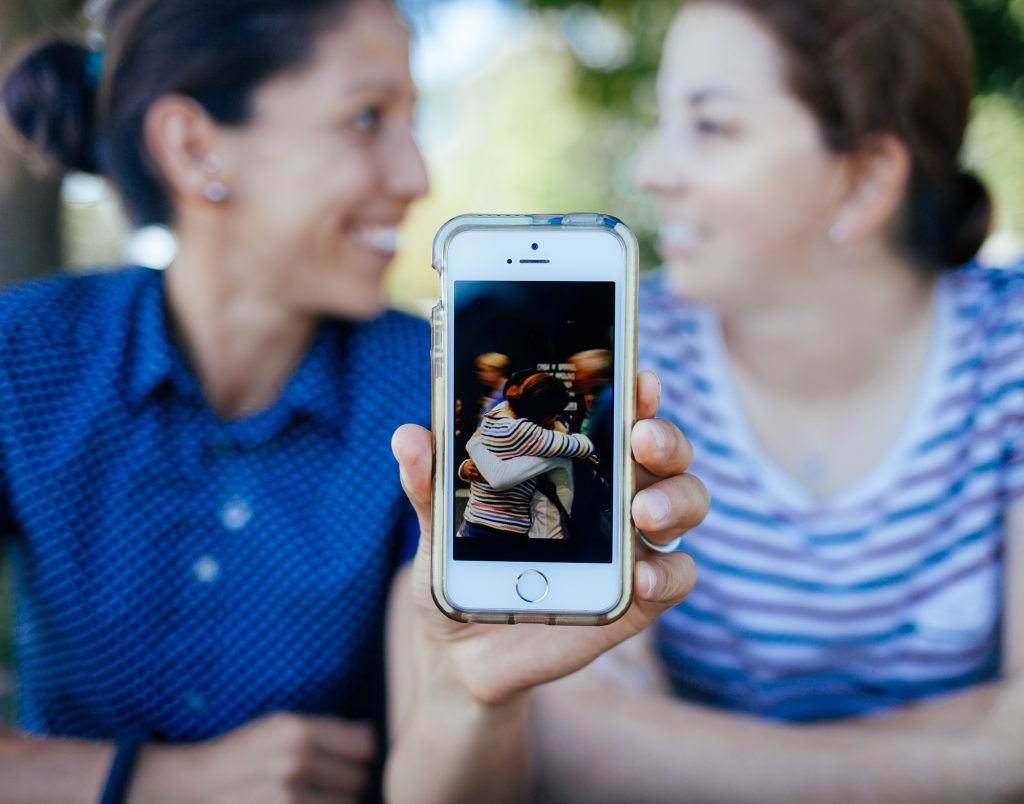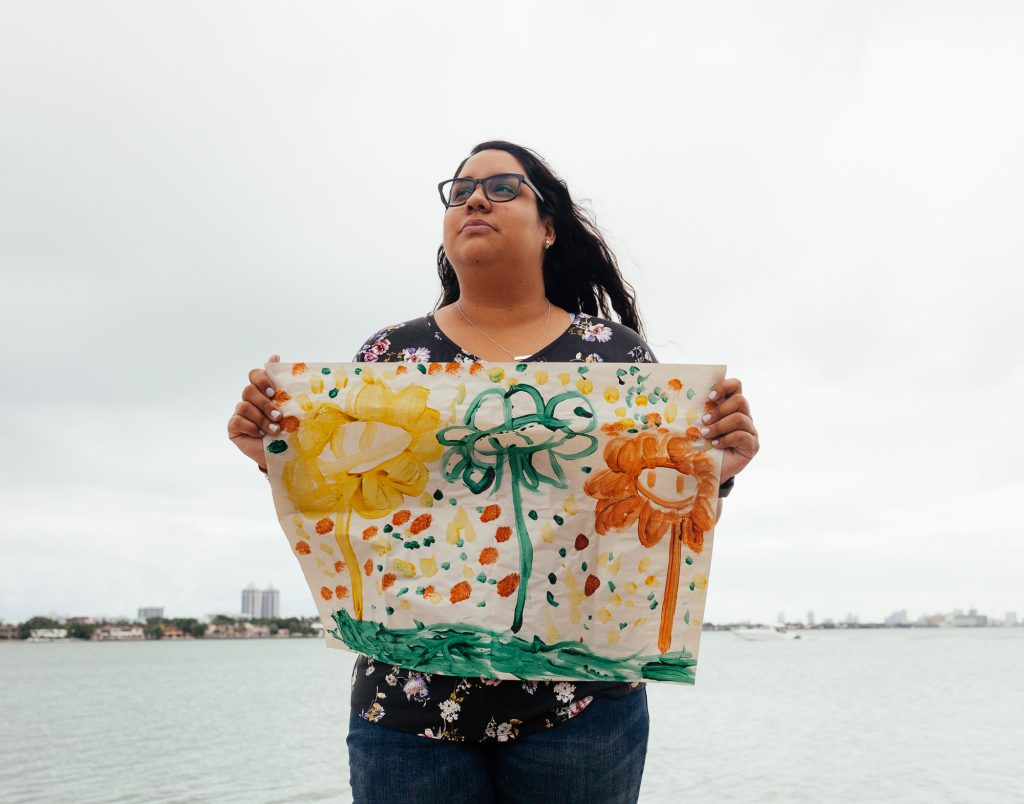
Childhood
Ximena grew up in Lima, Peru’s capital, where family and friends surrounded her. Her best memories include camping on the beach and watching her grandpa make strawberry jam. The smell of cut grass always brings her back to Peru.
Tragedy
Ximena remembers an idyllic childhood until she was six. Her baby brother was supposed to be arriving but she sensed that something was wrong. When she asked her father, “Where is my brother?” – he pointed up to the sky.
“It was the first time I saw my dad cry.” (audio below)
After the loss of her brother, her parents’ marriage started to crumble. They were fighting a lot, and Ximena’s mom went into a deep depression. To make matters worse, in 2000, Ximena’s father was diagnosed with testicular cancer.
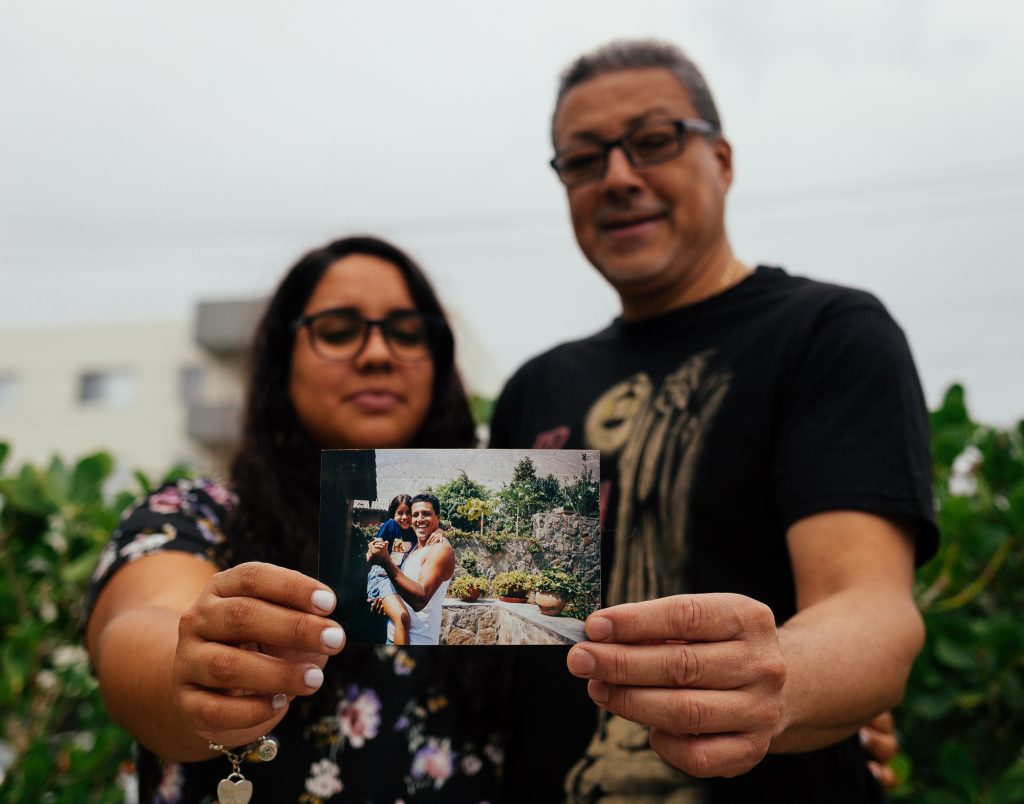
Florida
When she was eight, her parents separated, and Ximena and her mom left Peru for Miami. She hated having to go to a new school where people made fun of her for not speaking English. After six “miserable months,” her parents decided to try and make their marriage work. Ximena and her mother returned to Peru. When they returned Ximena and her parents lived in the same house as her maternal grandparents, and her cousin Malena, who Ximena has always thought of as a sister.
In 2006, Ximena’s dad was offered a position at a seafood distribution company in Florida. At the age of 14, Ximena and her parents moved to the US as a family. It was hard to leave because Ximena’s cousin had just had a daughter who was only four months old. Still, they packed three suitcases and their pet pug and headed to Miami.
After working for a seafood company in Florida for a couple of years, the business started failing, and so her father lost his job. They were his sponsor, and without this, he and his family wouldn’t be able to stay legally in the US. Ximena’s father looked everywhere for another job/sponsor. At the same time, in 2008, he was diagnosed with Leukemia – his second experience with cancer.
The doctor treating her father felt bad about his situation and signed him up for a program through the American Cancer Association. He needed to take one pill four times a day, and just one of these pills cost 57 dollars! Luckily, because of the program, his treatments and medicines were free. This saved his life. Ximena’s father has been in remission since 2011.
“My father doesn’t look sick, but from what he used to be to what he is now is completely different. He used to have big muscles and was always showing them off.”
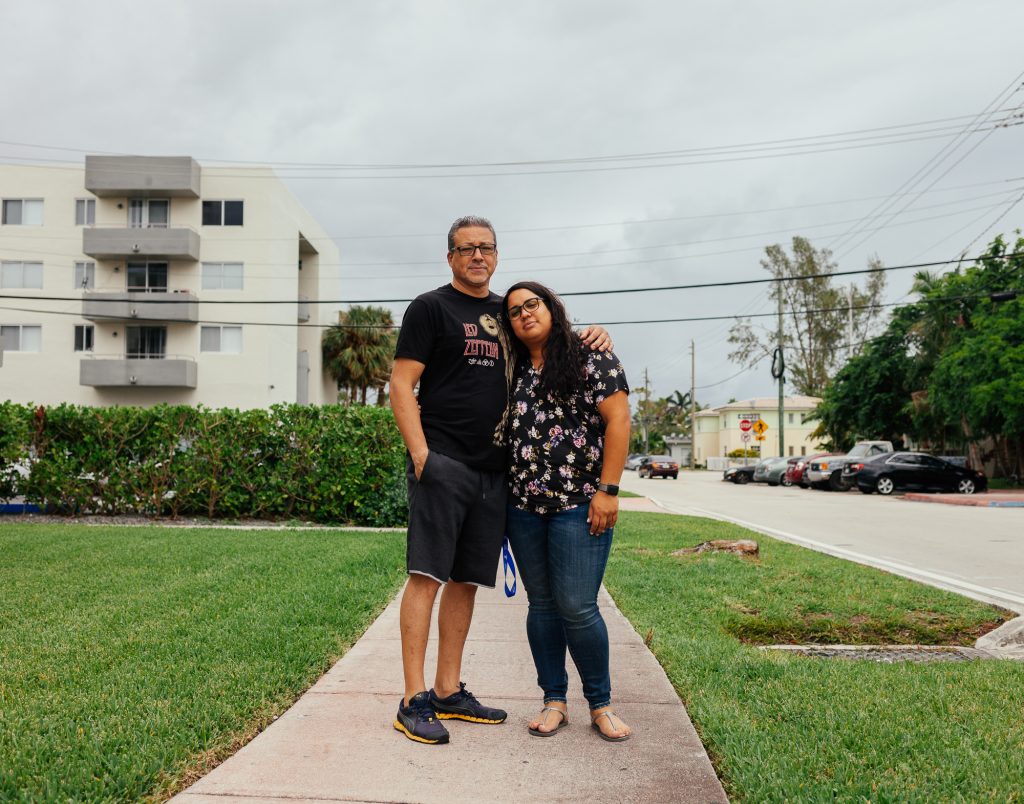
Undocumented
When her father lost his job, and couldn’t find another sponsor, Ximena, a senior in high school, became undocumented. Growing up, Ximena didn’t know what exactly she wanted to be but she always knew that she wanted to help people. When it came time to choose a career, she felt trapped by her undocumented status. Focusing on her studies during that last year of high school felt futile.
“I would try to think about my future, and I could only think about the day after tomorrow.” (audio below)
After graduating high school in 2008, Ximena started working as a personal assistant for a lawyer who paid her under the table. What choice did she have? Ximena remembers people telling her to “just get married” so she could get papers, but she didn’t want to do that.
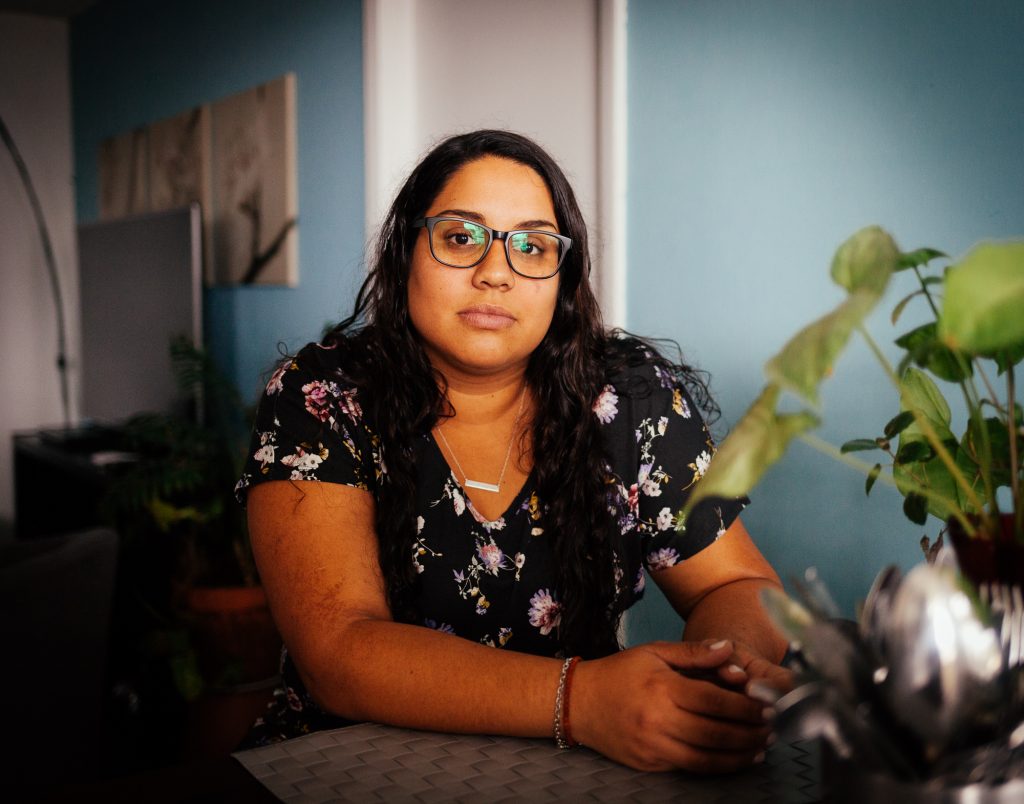
DACA
In 2012, a friend from high school was working at a private Montessori school and told Ximena they needed help. Ximena tried it out as a volunteer and loved it. She explained her situation regarding documentation to the school. They said they would have the position available for her once she had the proper documentation.
In June 2012, Obama announced DACA (Deferred Action for Childhood Arrivals), and Ximena applied for it immediately.
“I don’t think I had ever felt that amount of hope before. It was like a bright light was turned on.”
Every day she would check her status online. On a rainy, miserable day in December, she checked, saw she was approved, and “fell on the ground with happiness.” (audio below)
“Finally, I am able to do something with my life.”
DACA allowed her to have a work permit, and start working at the Montessori school.
Becoming a Montessori teacher in 2012 changed Ximena’s life.
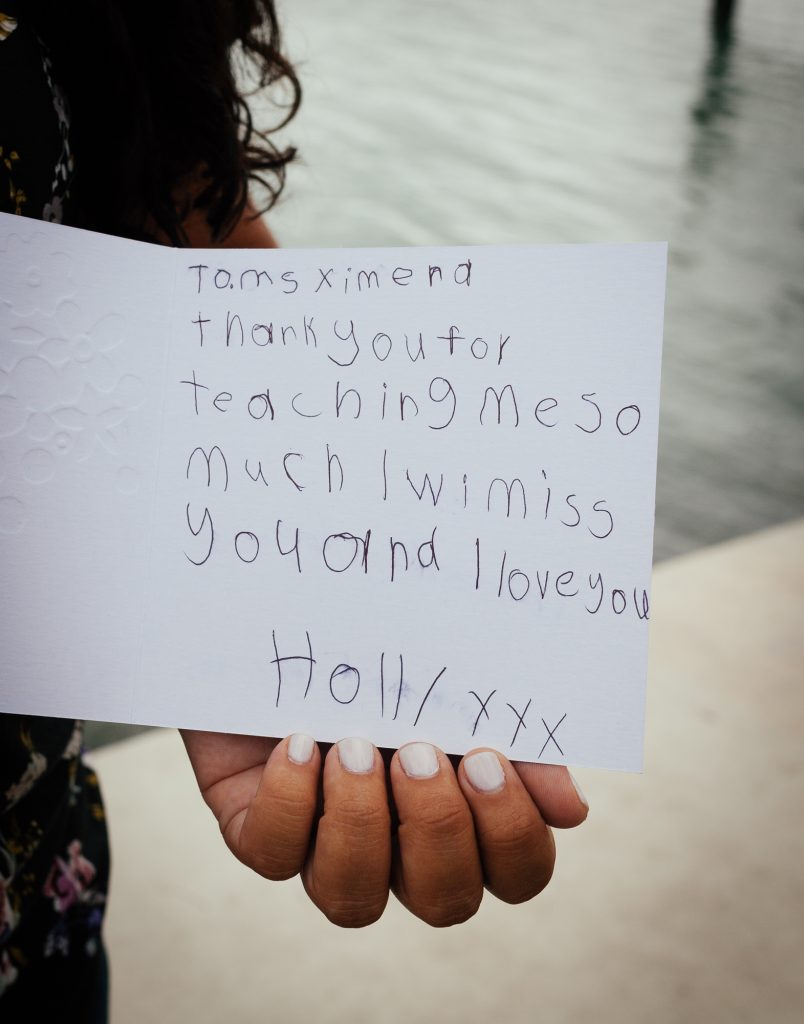
“The thing about working with children is it is tough, but it is also a reminder every single day that there is something to be happy about. Those children love you.” (audio below)
Ximena wanted to study, but she was going to have to pay out of state tuition, which is three times as much. In 2012 she decided to take one class at a time, which was all she could afford.

Finally, because of DACA, she could pay in-state tuition and she started taking more classes. She applied for TheDream.US National Scholarship in 2014 and this paid for her whole associate’s degree at Miami Dade College. She started working and going to school full-time.
After this degree, and finishing her Montessori training, Ximena started her bachelor’s degree in Psychology at Florida International University.
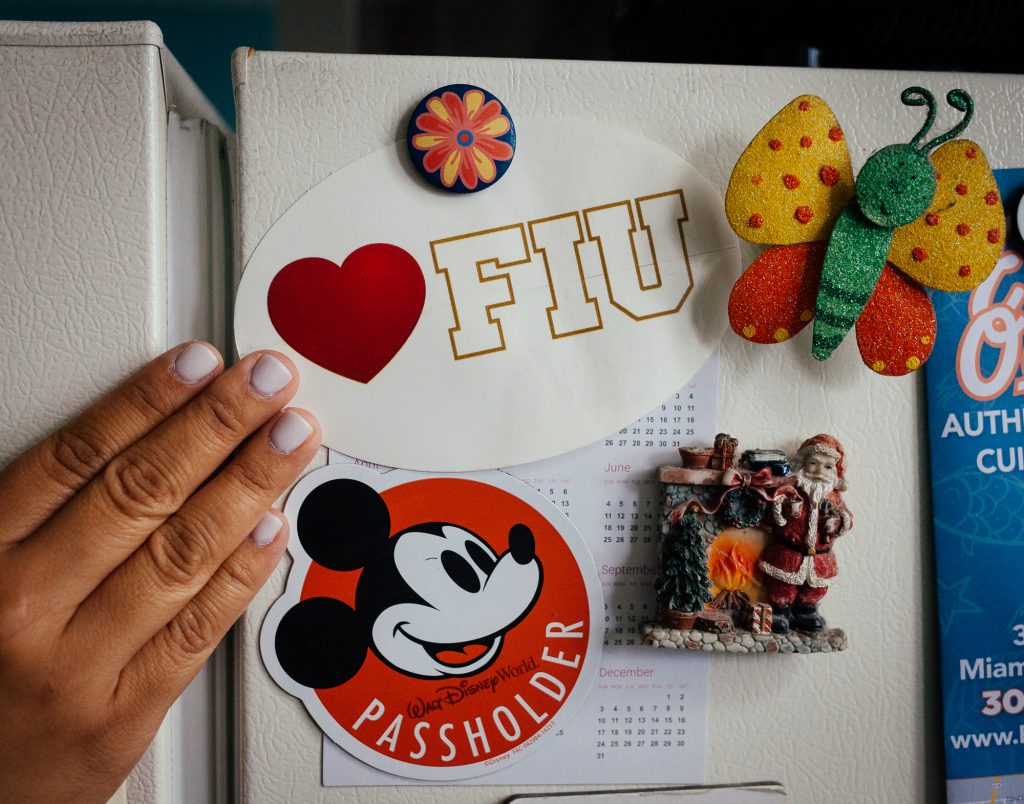
Montessori Teacher
Ximena has become close to many of the students’ families at the Montessori school. When she graduated from university, they went above and beyond, giving her gift cards for books. It took Ximena a while to share her immigration story with some of the families whose children she teaches. Over time she started to feel more comfortable opening up.
“A lot of the parents have made it their mission to learn more about immigration and the immigration system.”
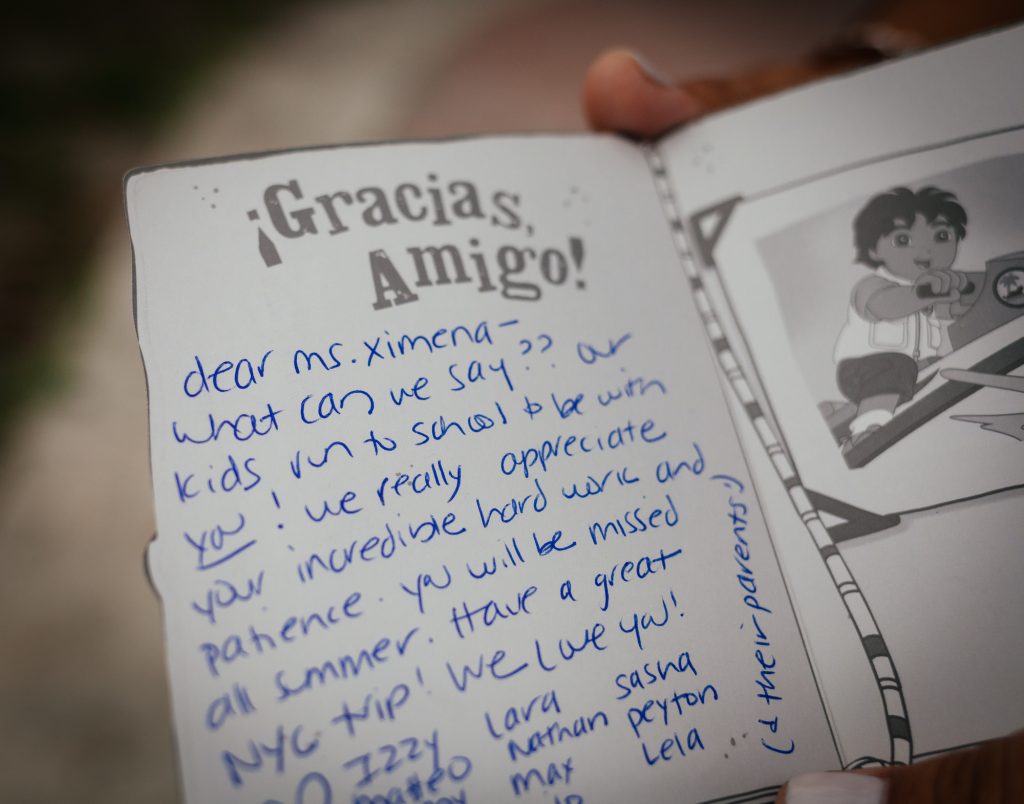
Support from these families has given Ximena confidence to put herself out there even though she is “not fully documented.” She knows not everyone in the US is as supportive. (audio below)
“When you put yourself out there, you get the nastiest out of people, but that doesn’t stop me. I need people to understand who we are and what we want. If you have DACA, it doesn’t mean you have it easy.”
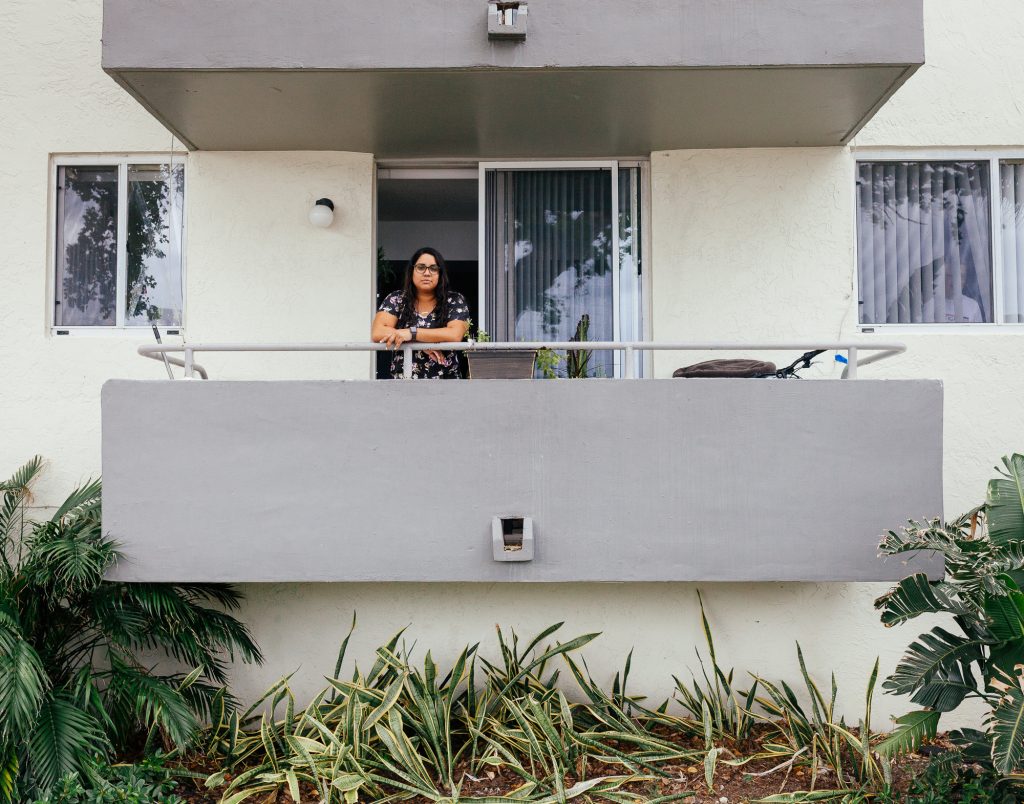
Miami Beach
Ximena likes living in Miami Beach. She loves how you can find people from all over the world – different cultures mixing.
“You never have a boring day in Miami Beach.”
Ximena says she sounds Cuban when she speaks Spanish now, something her mom teases her about.
During Hurricane Irma in 2017, there was a mandatory evacuation of her neighborhood. After driving all over, trying to stock up on drinking water, Ximena, her pug, cat, and boyfriend went to his family’s place one hour away. They stayed there for five nights – 20 people, two babies, five dogs, and a cat – it was crowded, but they cooked a lot of delicious Cuban food. It was fun until the power went out, and they didn’t have air conditioning. Luckily after everything was over, she was able to return to her apartment safely.
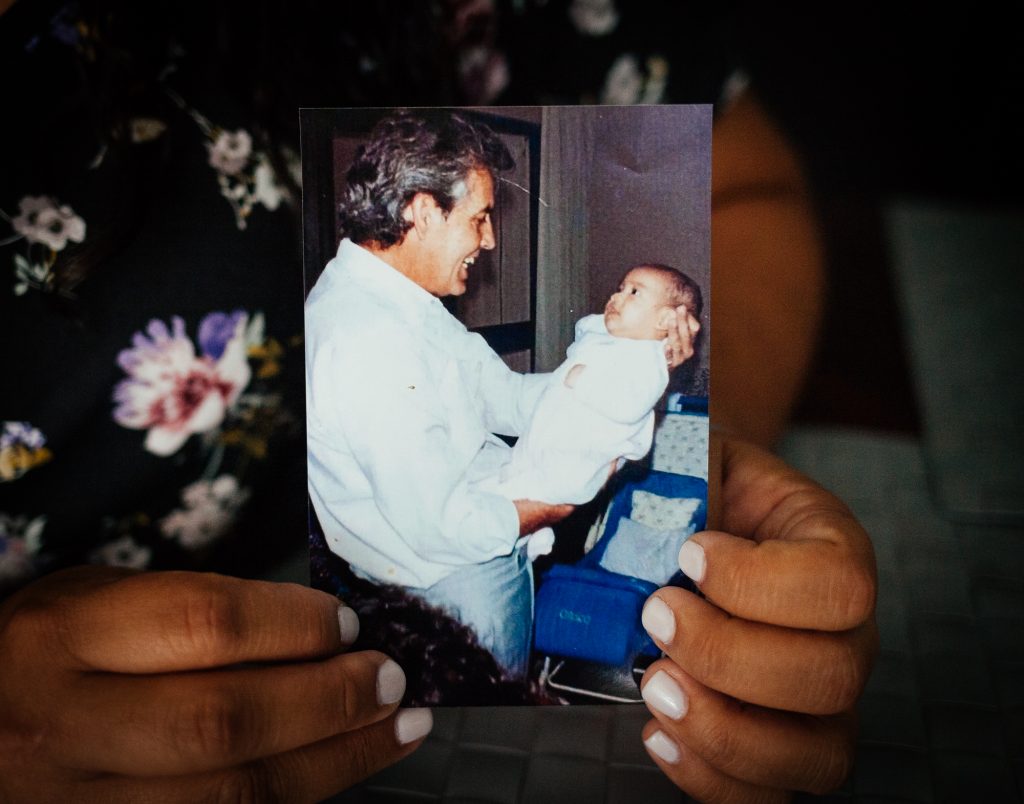
Grandpa
One person Ximena really misses is her maternal grandfather, who lived in the same house as her growing up.
“He taught me how to use tools. After four daughters and six granddaughters, he was like, ‘I need to teach one of you to build stuff.’”
Ximena and her cousin would spend days with him, building birdhouses and completing school projects.
“I had to do a little electricity circuit. My grandfather went all out, and we made this huge model with this little church in the middle, street lights, houses, and I got a really good grade. I remember it perfectly.” (audio below)
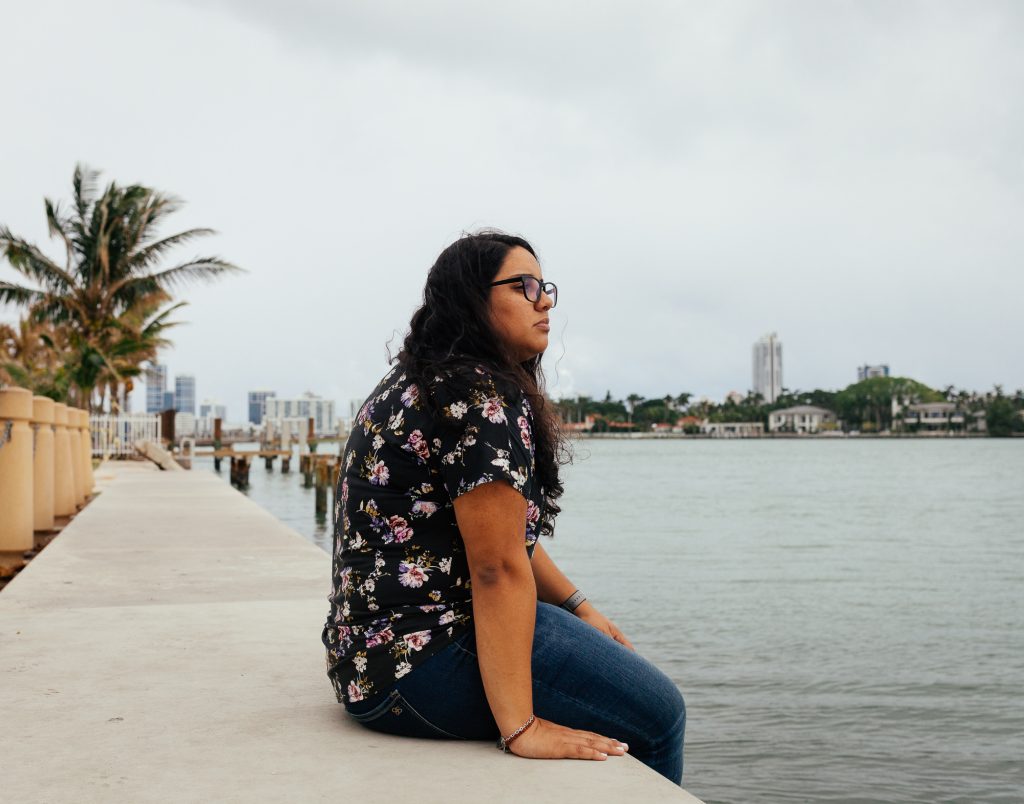
Ximena thinks her love for helping people comes from her grandpa. He was the type of person who would take the food from his own mouth to give it to you. He passed away in 2015, and Ximena never was able to see him or say goodbye to him in person. The most she could do was send him a video, and have her cousin show him. Her cousin says he smiled when he saw it. Losing him was devastating for Ximena – she was angry that she was never able to say goodbye.
“I’m sorry I wasn’t there, and I couldn’t say goodbye. To me, it meant everything that I wasn’t there for him. I should have been there with him, but I wasn’t able to be.”
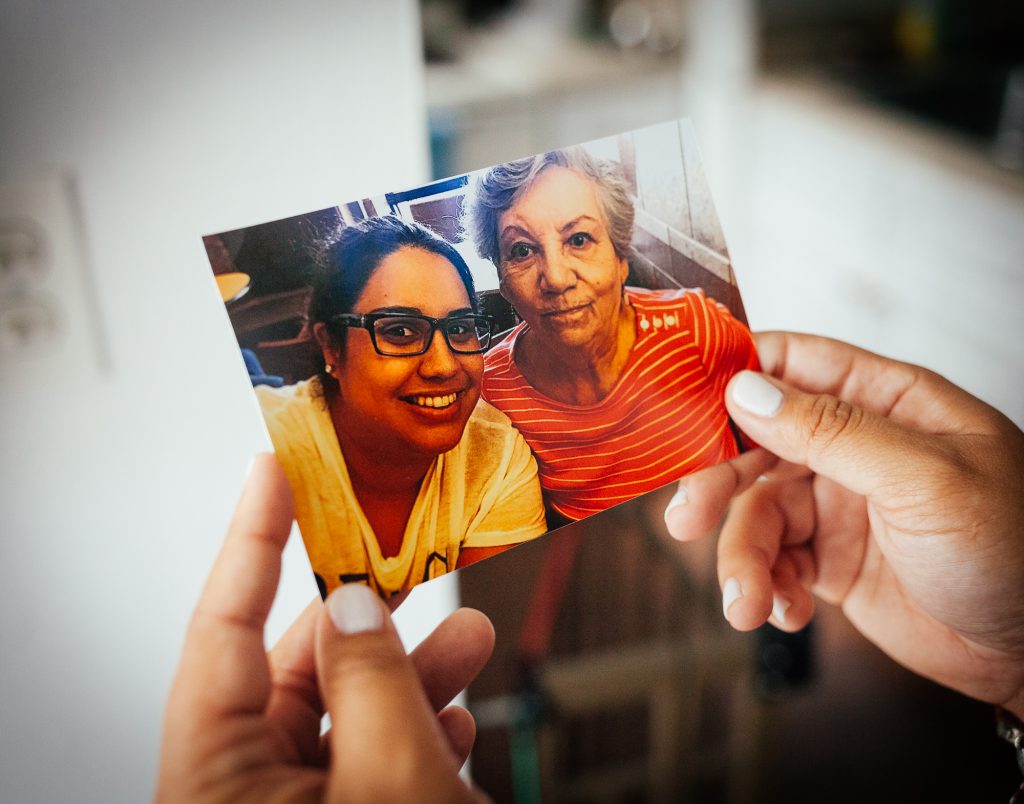
Belief
Ximena’s maternal grandmother is a very religious woman, and Ximena has distinct memories of grandma, taking her to go to church with her when she was growing up.
“Even though I was forced, I still loved it because I spent time with grandma.”
After more than a decade of being apart, Ximena’s maternal grandmother came to the US in 2016. During that visit, her grandma tried her best to get Ximena to return to Catholicism. She was confused by all of the Buddhist items around their house. Ximena’s mother had become a Buddhist and started practicing yoga after learning about it when she cleaned a Buddhist’s home. Grandma didn’t know this.
Ximena appreciates religion but doesn’t follow any particular one.
“I don’t belong to any religion. I take what’s best from different religions and apply it to my life.”
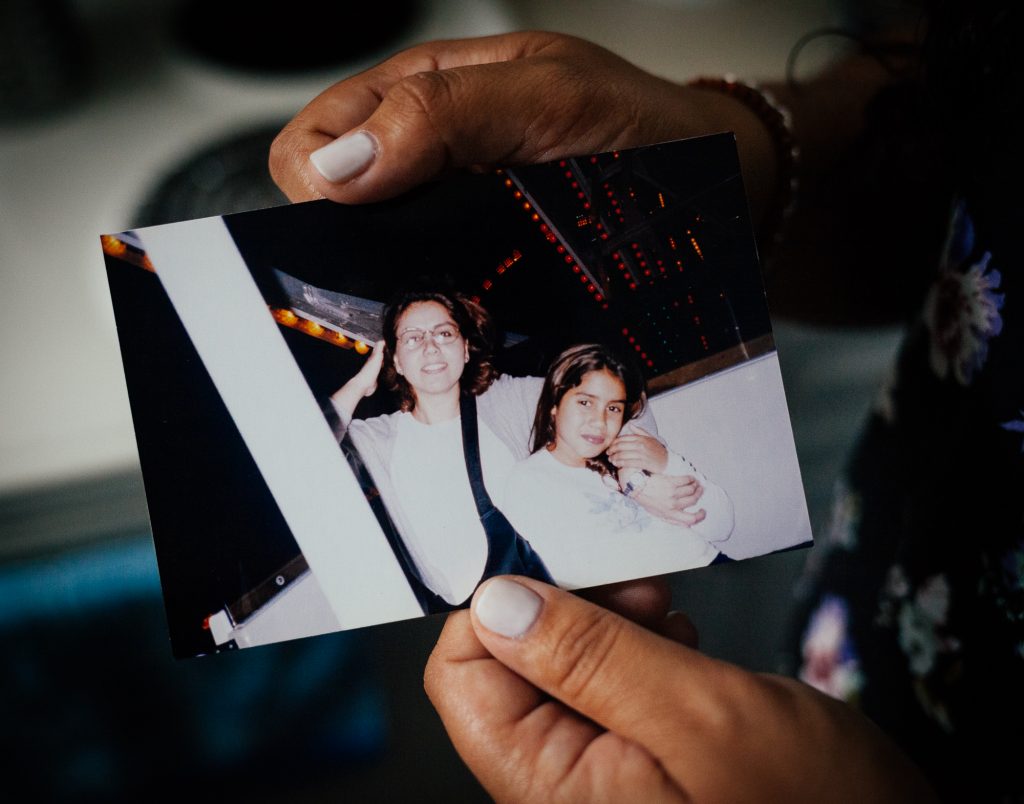
Ximena loves her parents. Her mom is her best friend, and she will always be her “dad’s little princess”. Ximena is incredibly grateful for all that they have sacrificed for her to be where she is today.
“My parents have given everything they have in order for me to have a better future.”
Her mom still works every day as a cleaner while suffering fibromyalgia. A typical day for her is working hard, coming home, and then going to bed.
Future
It’s been more than a decade since Ximena has been back to Peru, and she misses her country of birth. She wants to go back and visit, but she knows she would never feel like she belongs there. Her time in the US has been tumultuous – full of “fear, anxiety, and sadness,” but she knows it isn’t the United States’ fault.
Luckily Ximena found Montessori teaching, something she loves. Crying with their parents when the students’ graduate continues to be a priceless experience for her.
*Update: Since the interview, Ximena became a lead teacher at the Montessori school, got married, and now has a green card. She is thinking about returning to university to do a Master’s Degree. Ximena is hoping to become a therapist for youth who have experienced trauma.
#FINDINGAMERICAN
To receive updates on the book release and exhibition of “Finding American: Stories of Immigration from all 50 States” please subscribe here. This project is a labor of love and passion. If you would like to support its continuation, it would be greatly appreciated!
© Photos and text by Colin Boyd Shafer | Edited by Kate Kamo McHugh. Quotes edited for clarity and brevity.








